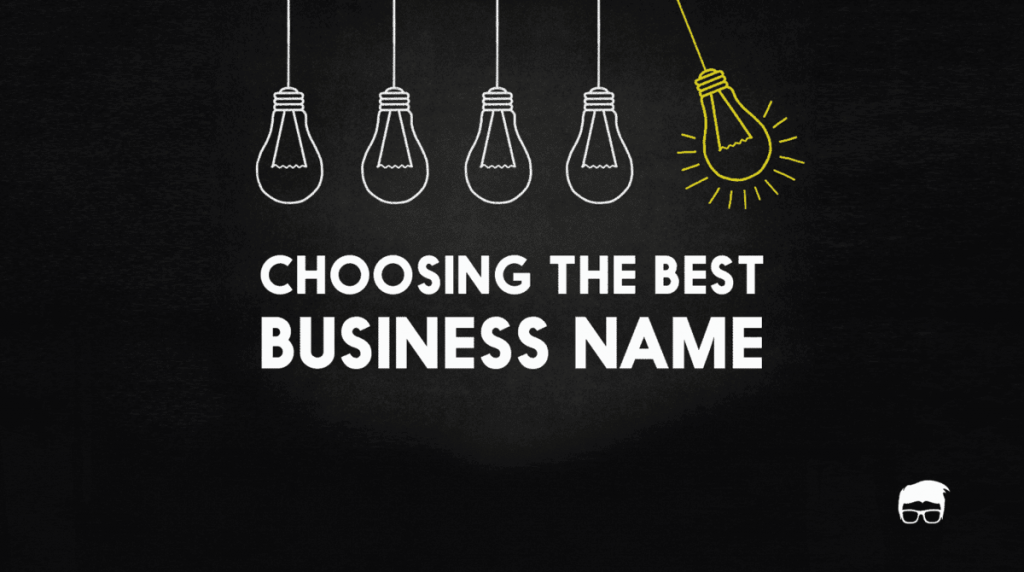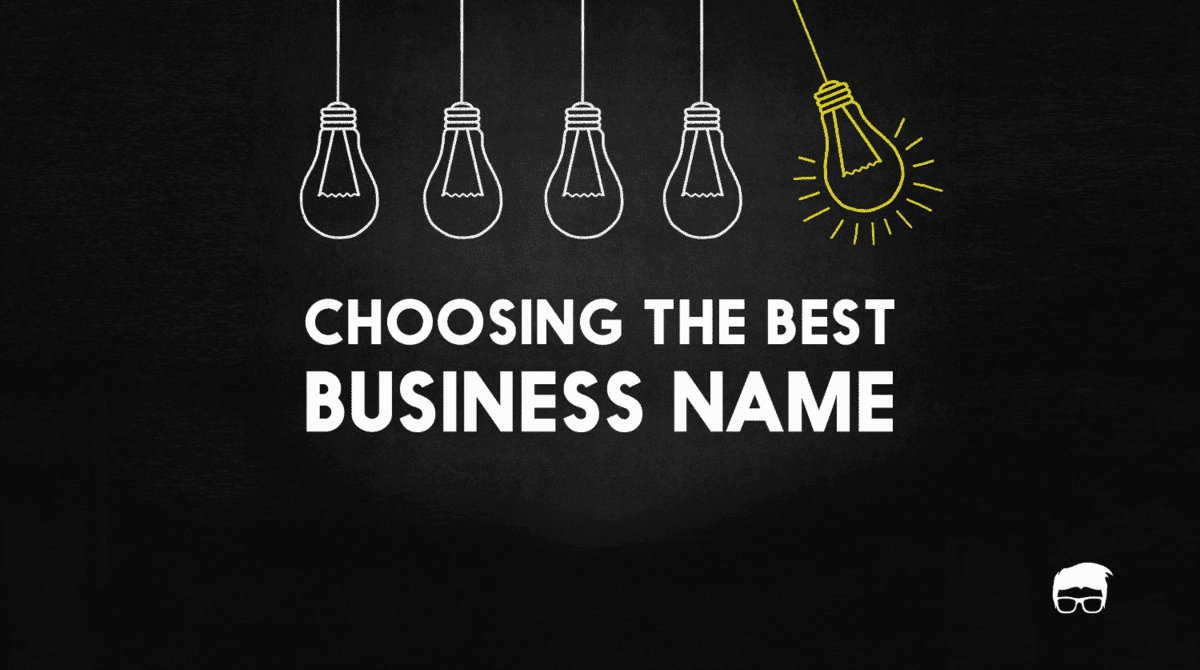
Naming your business is a critical task that can impact its success. Dos include picking a name that fits your brand’s personality and values, doing research to avoid trademark conflicts, and testing with your target audience. Also, use a word that is easy to spell and pronounce. Names that sound alike and are hard to say can limit growth and cause confusion.
Naming Your Business: Common Pitfalls and How to Avoid Them
Many business owners must correct their mistakes to find the perfect name. Some of the most common naming mistakes include choosing a name that is too generic, difficult to spell or pronounce, or similar to a competitor’s name. Other errors involve using a name that is too trendy, too narrow in focus, or too long.
Examples of poor business names include Blockbuster, which no longer reflects its business model; RadioShack, which sounds outdated; and Toys R’ Us, which uses improper grammar. By learning from these examples, you can avoid making similar mistakes and choose a solid and memorable name for your business.
Common Mistakes in Translating Your Message
When planning on expanding your business, it is important to be aware of possible translation mistakes that could hurt your brand’s image. Some common mistakes are using online translation tools instead of professional translators, not thinking about cultural differences, and not paying attention to regional dialects.
When Coca-Cola first started selling in China, its name was translated as “Ke-kou-ke-le,” which means “bite the wax tadpole.” Another example is when KFC‘s “finger-lickin’ good” slogan was translated to “eat your fingers off” in Chinese.
The Dangers of a Generic Business Name
When naming your business, choosing a too-common name can be a mistake. It can make it difficult for customers to find you online and differentiate you from competitors. For example, thousands of businesses have names like “ABC Consulting” or “XYZ Enterprises.” It can be challenging to trademark your name and protect your brand identity. Instead, choose a name that is unique, memorable, and reflective of your brand’s values and personality.
Simplicity is Key in Naming Your Brand
Removing brand clutter is vital when finding a great name for your brand. This means putting your attention on your brand’s core values and personality and letting people know about them in a clear and concise way. Getting rid of any extra or confusing parts can help you connect more deeply with your audience and get your brand’s message across more clearly. Explore 5-letter brand names, for they are concise and provide clarity. This can also help you choose a name for your brand that accurately describes it and speaks to the people you want to reach. Apple, Coca-Cola, and Nike are all examples of brands that have successfully cut down on brand clutter to make a strong connection with their audience.
Best Practices for Avoiding Legal Issues
Checking for possible trademark conflicts is a must if you want to pick a name that is a true reflection of your brand. Securing a matching domain name is crucial to establishing a solid online presence. Lastly, testing with your target audience can give you valuable feedback that can help you develop a name that speaks to your market and builds brand loyalty.
The Importance of Tone
If you don’t set the right tone when naming your brand, you might end up with a name that doesn’t match your brand’s personality or values. For example, a playful and lighthearted brand may want to avoid a name that sounds too serious or corporate. So, it’s important to think about the tone and personality of your brand when choosing a name to make sure it fits your brand and speaks to your target audience. Some examples of brands that have established their tone well through their names include Coca-Cola, Cowbell, and Peak.
10 Common Naming Mistakes and How to Avoid Them
Naming a business or brand is not easy, and many make mistakes that can negatively impact their brand. Here are 10 common naming mistakes to avoid:
- Choosing a name that needs to be shorter or more straightforward.
- Using a generic name that is not unique or memorable.
- Making an effort to create a name that is both unusual and challenging to say.
- Not considering cultural or linguistic differences.
- Overusing metaphors or puns that don’t make sense.
- Using trendy words that may become outdated.
- Ignoring trademark conflicts and legal issues.
- Failing to test the name with the target audience.
- Not establishing the brand’s tone or personality.
- Not securing a matching domain name.
Choosing the right name for your business can significantly impact its success. By avoiding common naming mistakes, conducting audience testing, and securing a matching domain name, you can increase your chances of finding a great name that accurately represents your brand’s personality and values.
